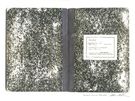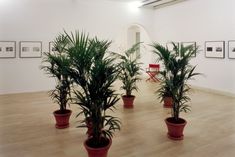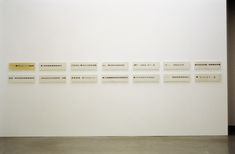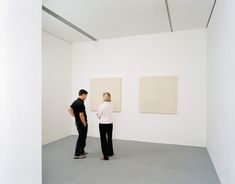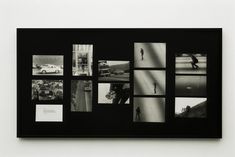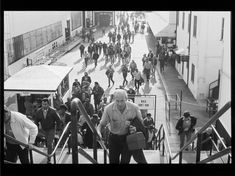Allan Sekula
Allan Sekula was born in Erie, Pennsylvania, USA, in 1951. He studied at the University of California in San Diego from 1968 to 1972 with Herbert Marcuse, among others. The artist, photo theorist and critic taught photography and media art at the California Institute of the Arts in Los Angeles from 1985 to 2013. He participated in documenta 11 (2002) and 12 (2007) in Kassel, Germany. Allan Sekula passed away in 2013.
His early works, such as the collective happening, "Body Bags" (1970), and other installations in the public arena were informed by Sekula’s political socialization in the American student and anti-war movements. In his "Gallery Voice Montage" installation (1970), a sound installation, restored and partially reconstructed again for the first time for the "Perfomance under Working Conditions" (2003) exhibition at the Generali Foundation, the artist takes a closer look at the very system of art. In "Meat Mass" (1972), Sekula continued his actionist approach by interrupting the capitalist circulation of luxury goods through robbery and waste. For this, high quality pieces of meat were stolen from a supermarket and exposed to the destructive forces of heavy traffic on a busy expressway. Property offenses, among other things, were also a theme of the slide projection entitled "Untitled Slide Sequence" (1972). Here, Sekula secretly photographed workers inside a factory as they were leaving the premises at the end of the day shift. After "Box Car" (1971), this was Sekula’s first explicit treatment of the world of employment as a formative social factor shaping people’s postures and gestures. In "Aerospace Folktales" (1973), dealing with the story of his father’s unemployment, the motif of work is again raised as though in a film separated into its elements of sound, pictures, and commentary. Sekula’s awareness of the problems brought on by the division of labor between his mother and father was informed by his explorations of a then nascent feminism. Until last, Sekula continued to grapple artistically and also theoretically with the possibilities of a further development of documentary photography. Strongly influenced by the American tradition of socially critical photography, Sekula favored sequences of pictures in an effort to avoid the heroics and pathos inherent in individual images. Other works, which deal with the sea as a forgotten place, such as "Fish Story" or "Freeway to China," unfold a new chapter in Sekula’s Oeuuvre. (Hemma Schmutz)
read more read lessBooks of artists
Allan Sekula. Aerospace Folktales. Geschichten von der Luftfahrt. Ed. Sabine Breitwieser for Generali Foundation. Text by Sekula, Allan. Vienna, 2005.
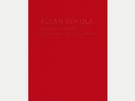
Allan Sekula. Aerospace Folktales. Text by Sekula, Allan. 1973.
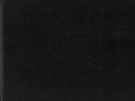
Allan Sekula. Notebook Excerpts 1973 - 1977. Ed. Allan Sekula.
